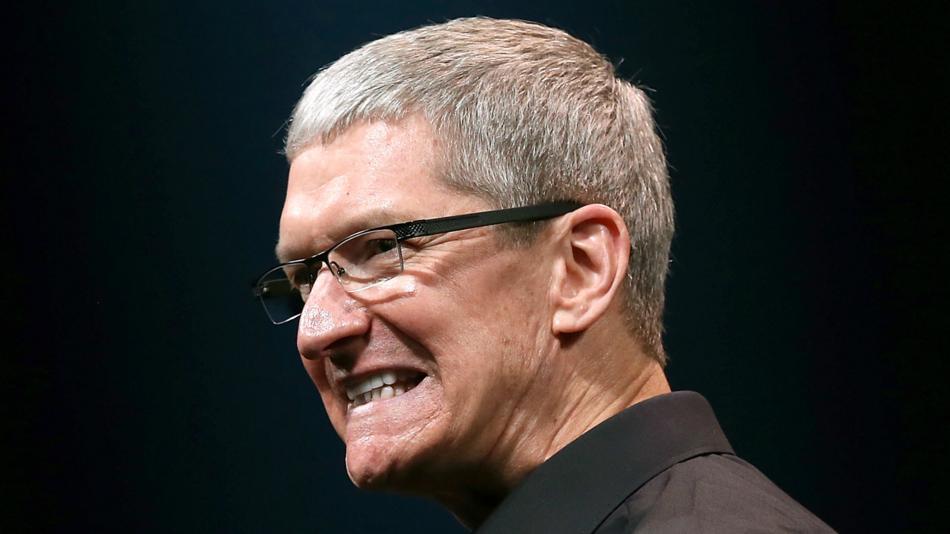
This hasn’t been a great year for Apple. Their stock peaked in early February, and it has been declining ever since. The Apple Watch that was hoped would reverse this slide had no real material impact, iPads are now in decline, and they’ve recently tried to reinvigorate iPods in order to get some positive traction. Fortunately, iPhones are selling incredibly well. Otherwise, the prognosis for Apple would likely be dire. But there are three things that have put the most powerful product in the smartphone market at risk.
The loss of subsidies
This is the biggest of the three problems by far. Apple has been mostly helped by carrier subsidies in the U.S., which have forced a two-year replacement cycle cadence since the iPhone launched. People don’t really see what they are paying for the phone, and there really weren’t any strong incentives to drop out of the subsidy program even though the phone often cost more than the service. But with the emergence of ever more popular mobile virtual network operators (such as Boost and Straight Talk), which separate the phones from the service and have cut into the market sharply, the carriers have started exploring eliminating them as well. Yes you’ll be able to lease a phone just as you do a car (with similar payments), but you’ll be faced with effectively borrowing around US$1,000 every two years, or keeping the phone longer and putting the related savings in your pocket.
(Related: Apple intros the iPad Pro)
IBM saw a similar event in the 1980s. At the beginning of the decade, you could only lease mainframes, and replacement and upgrades tended to come naturally as the leases ran out. But some executive decided it would be better to sell them, and suddenly buyers were fine with what they had. IBM almost went under partially as a result.
No follow-up to a hit product
Apple’s success is largely tied to a cadence of hit products either building on or replacing their predecessor. The iPod led to the iPhone, which largely replaced it, and the iPad added to the iPhone, but didn’t replace it. But now the iPad appears to be dropping into decline, and the Apple watch still isn’t a success. Apple looks to be panicking because suddenly they are investing in the obsolete iPod line and trying to push Apple TV, which hadn’t been a product they were that serious about, more strongly into the limelight.
But going back to old products in the hope they can suddenly transform into new hits is a very difficult course, and it points to the fact that Apple hasn’t had a true success since their now sliding iPad. Without these new hot products, Apple is at risk of not appearing trendy, and so much of what they are is tied to that image. Eventually the iPhone will begin to age out and if, by that time, they don’t have a hot new product that can replace or strongly supplement it, they likely will begin a slide into obscurity. And Apple doesn’t do obscurity well at all.
Apple sucks in the cloud
Much of the future of technology appears tied to cloud services, with the poster child for those services being Amazon. Apple seems to suck at cloud services. Their music streaming service, even though it was really late to the market, wasn’t very good initially. The iCloud wasn’t very good either, and Apple’s approach to e-mail and interconnecting with enterprise services like Exchange has been painful to watch. Fortunately there are third-party services from both Amazon and Microsoft that close the gaps, but if the future is in the cloud, Apple’s inability to execute strong cloud applications and services puts them at increased risk, particularly when you look at appliances like Apple TV, which will depend on these cloud services.
Apple is far from alone in struggling to make this pivot; arguably Samsung is an even worse position due to their dependency on Google. But if Apple can’t get the cloud, they likely won’t get to the future.
Apple needs to pivot from the Steve Jobs past
When Steve Jobs died, the firm was largely living off of the iPhone and moving to the iPad. Now with the iPad in decline, Apple is back to living on the iPhone, and that is last decade. Before the end of this decade, Apple will need to address the triple threat of the end of subsidies, the stalling of their innovation cycle, and learn how to create (or partner) to get a far stronger set of cloud offerings. This isn’t really an either/or. They need to fix all three exposures if they are to reverse their slide and hold onto the top spot in the mobile market.





